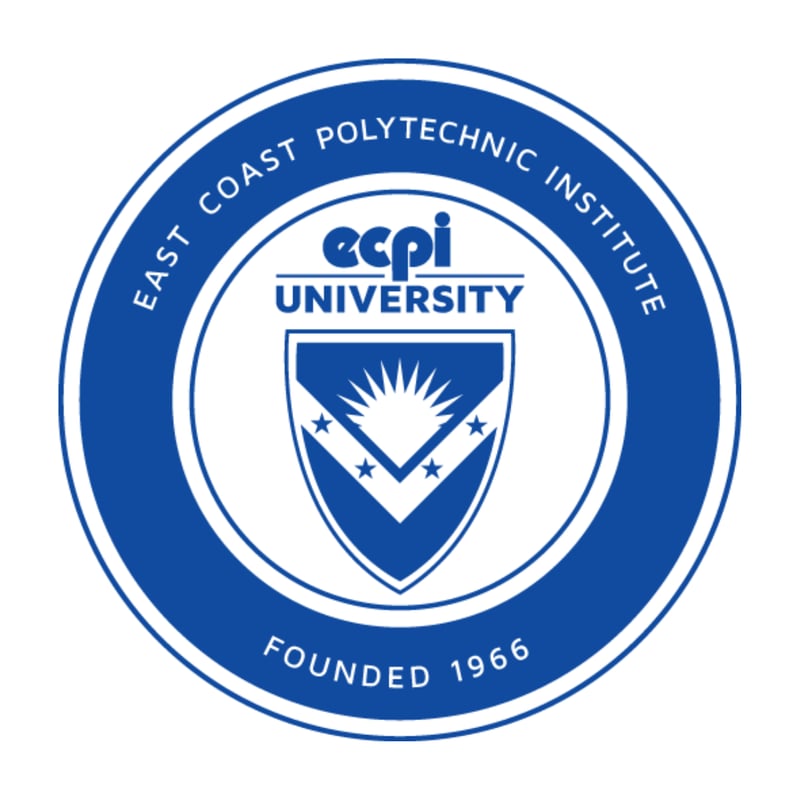
Financial aid (may be available)

No cost info

Financial aid (may be available)

Financial aid (may be available)

Financial aid (may be available)

Financial aid (may be available)

Financial aid (may be available)

Financial aid (may be available)

No cost info

No cost info

Financial aid (may be available)

Financial aid (may be available)

Financial aid (may be available)
Learn about the components of supply chains including supply chain networks, supply chain facilities, transportation, and inventory management as well as how emerging technologies affect them with our Supply Chain Fundamentals Certificate. These courses are perfect for learners seeking to enter the supply chain profession, as well as those who are seeking to enter supervisory roles or enter a new domain within the supply chain.
No cost info
This certificate program provides a foundation in supply chain and logistics management from both a U.S. as well as global perspective, preparing participants for professional careers with manufacturers and distributors, transportation carriers, and logistics service providers.
No cost info
American Military University (AMU) offers a logistics management certificate at the graduate level. It provides in-depth study of logistics and supply chain management with consideration of global impacts.
AMU’s online logistics certificate emphasizes transportation factors related to logistics, especially the maritime industry. The curriculum covers topics such as:
Transportation policy and planning
Transportation management and economics
Port and terminal operations
This program is an appropriate choice for those who wish to increase their knowledge of logistics and supply chain management without committing to a full degree program.
No cost info
No cost info
The online Logistics and Supply Chain Management Certificate from CCU will help you gain a deeper understanding of the processes and fundamentals within supply chain and inventory management, including purchasing and inbound logistics; material handling in distribution centers; warehousing and warehouse management; financial and inventory controls; transportation and distribution; and reverse and global logistics.
No cost info

Financial aid (may be available)

Financial aid (may be available)

$2,730 total

No cost info
No cost info
If you're interested in a career in logistics and live in Tucson, you're in luck! There are several logistics classes available in the area that can help you gain the skills and knowledge you need to succeed in this field. In this blog post, we will explore what logistics is, the training requirements, what to look for in a class, what to expect from the day-to-day class, the certification process, how to find related jobs, and other classes you can take after becoming a logistics professional.

Logistics is the process of planning, implementing, and controlling the efficient flow and storage of goods, services, and related information from the point of origin to the point of consumption. It plays a crucial role in supply chain management and involves various activities such as transportation, warehousing, inventory management, and customer service.
A logistics class is a vocational training program that provides students with the skills and knowledge needed to work in the logistics industry. These classes typically cover a wide range of topics, including supply chain management, transportation management, inventory control, warehouse operations, and customer service. Students learn about industry best practices, software systems used in logistics, and how to effectively manage the flow of goods and information.
The training requirements for logistics classes can vary depending on the program and the level of certification you're seeking. Some classes may require a high school diploma or GED, while others may have more specific prerequisites. It's important to research the specific requirements of the program you're interested in to ensure you meet the criteria.
When searching for logistics classes near you in Tucson, there are several factors to consider to ensure you find the right program for your needs. Here are some things to look for:
Accreditation: Make sure the program is accredited by a recognized accrediting body. This ensures that the program meets certain quality standards and that the certification you earn will be recognized by employers.
Curriculum: Review the curriculum to ensure it covers the topics and skills you want to learn. Look for programs that offer a comprehensive and up-to-date curriculum that aligns with industry standards.
Instructors: Learn about the instructors who will be teaching the class. Look for instructors who have industry experience and expertise and can provide real-world insights and examples.
Facilities and Resources: Consider the facilities and resources available to students. Are there hands-on training opportunities? Are there industry-specific software programs or simulations that students can use to practice their skills?
Placement Assistance: Find out if the program offers any job placement assistance or career services. This can be helpful in finding employment after completing the program.
Logistics classes are typically a combination of classroom instruction and hands-on training. Students will learn about various aspects of logistics and supply chain management through lectures, discussions, and practical exercises. Some classes may also include field trips or guest speakers from industry professionals to provide real-world insights.
Upon completing a logistics class, students may have the option to pursue certification in the field. Certification can demonstrate your knowledge and skills to potential employers and can enhance your job prospects. The specific certification process will vary depending on the program and the certifying body. It may involve passing an exam, completing a project or case study, or meeting certain experience requirements.
Once you have completed a logistics class and obtained certification, you'll be ready to pursue a career in the field. Here are some ways to find related jobs:
Networking: Connect with professionals in the logistics industry through networking events, trade shows, and online communities. Networking can help you uncover hidden job opportunities and gain insights from experienced professionals.
Industry Associations: Join industry associations such as the Council of Supply Chain Management Professionals (CSCMP) or the Institute for Supply Management (ISM). These associations often have job boards and resources specifically for logistics professionals.
Once you have established a career in logistics, you may want to consider taking additional classes to enhance your skills and knowledge. Here are some other classes that can complement your logistics training:
Project Management: Learning project management principles and techniques can be valuable in managing logistics projects and teams effectively.
Lean Six Sigma: Lean Six Sigma is a methodology that focuses on eliminating waste and improving efficiency. This class can help you identify and implement process improvements in logistics operations.
International Trade: If you're interested in working in global logistics, taking a class in international trade can provide you with a deeper understanding of import/export regulations, trade agreements, and customs procedures.
Logistics is a dynamic and essential field that offers a wide range of career opportunities. By completing a logistics class and obtaining certification, you can gain the skills and knowledge needed to succeed in this industry. Remember to research the training requirements, consider what to look for in a class, and explore other classes that can complement your logistics training. And don't forget to check out Dreambound for more vocational training options and resources.
If you're exploring options in this field in various locations, Dreambound's extensive guides are a great resource. We've got detailed insights for numerous cities. check out some additional guides below:
Considering a change in your career? We've gathered some perspectives to help you in your journey. You can explore several of these:
Dreambound's platform allows prospective students to find the right educational program for them through searching, filtering, and connecting with our extensive selection of career & technical education partners.
Dreambound has over 70 programs across healthcare, technology, business, and industrial trades. This includes programs such as Medical Billing, Cybersecurity, and welding.
Some of our schools offer financial aid for those who qualify. Many others offer payment plans, where you can pay the cost of class over time.
Yes, Dreambound offers many online programs. On Dreambound's search, you can filter by online, in-person, and hybrid (part online, part in-person).
Dreambound is completely free for you to use! We are supported by schools and organizations who pay to advertise on our website, so we can offer all of our career resources for free.